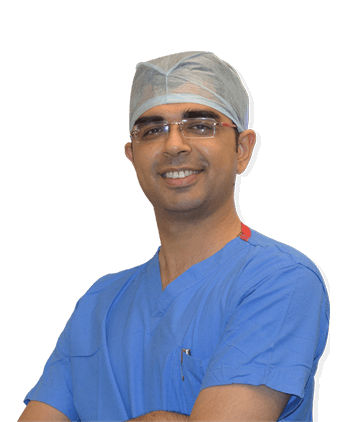How long will I be in the hospital? How long does it take to recuperate?
Most patients are admitted to the hospital on the morning of surgery, remain in the hospital for two or three days and require between two and six weeks to recuperate before returning to work, depending upon the type of job they have.
I really like to eat. What’s going to stop me from overeating after surgery?
Because your stomach will be smaller, it will fill up with food sooner. When the food touches the wall of stomach, it sends a message to the brain that you don’t want to eat any more. The brain will receive this signal after eating much less food and consequently you will eat less. Most people just don’t feel as hungry. If you eat too much or too fast you might vomit out and soon you come to know how much is enough for you.
A year after the surgery, are most people generally happier with their lives?
Yes, much happier. Most patients say they would do it again and suggest to other person with similar condition. Studies show that this kind of patient satisfaction is a true test of the surgery.
When it’s over, will there be things I need to do after surgery?
Regular long-term follow-up is needed to monitor weight loss, provide dietary counselling and monitor for the occurrence of nutritional deficiencies or complications.
Will I need vitamins after surgery? What kind should I take and when?
After Roux-en-Y surgery, most surgeons recommend vitamins. Some routinely prescribe iron and vitamin B12 as well. I prescribe prenatal vitamins post-operatively and then follow the patients post-operatively for iron and vitamin B12 deficiencies, the most common deficiencies that they experience. You should also make sure to take supplemental calcium, since osteoporosis is a potential long-term complication.


